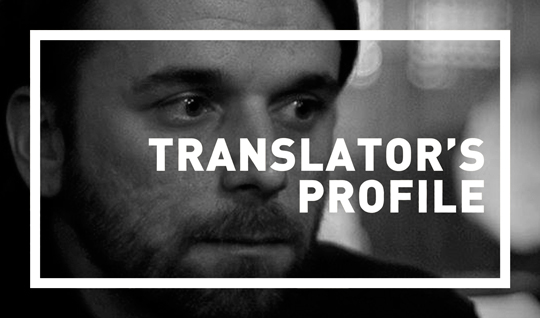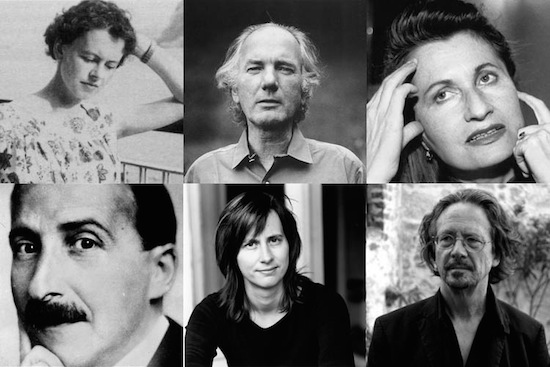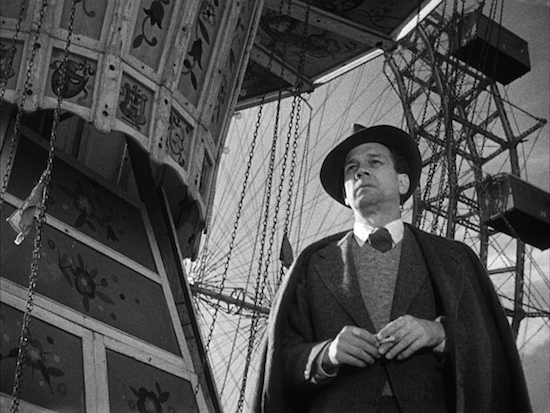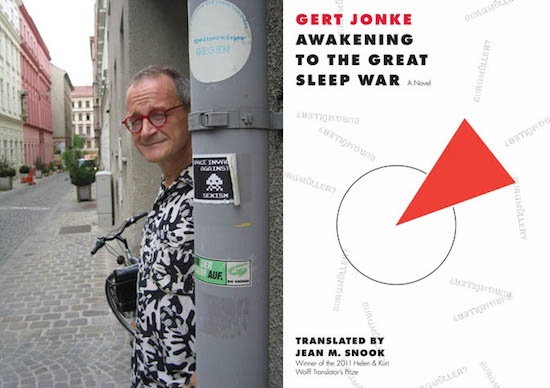Ariadne Press has been publishing translated Austrian literature since 1988 from Riverside, California. Their 260 titles range from exciting new fiction to autobiographies, pioneering critical work, and plays, on diverse subjects from Nazism to science fiction to music and humor. I spoke with editor Karl Johns and founding editor Jorun Johns on the phone about Ariadne, Austria’s modern literary masters, and the intersection of Vienna and California.
***
Eva Richter: How did Ariadne Press start?
Karl Johns: That’s interesting, how everything starts. The International Arthur Schnitzler Research Association was founded in 1962 to celebrate the 100th birthday of Arthur Schnitzler. When all the German-language refugees came to the United States, California was actually the second most popular goal after New York, in spite of the fact that the Midwest and Chicago already had German speakers and German newspapers and all that. So there were a lot of people in California and Los Angeles. Many of these people survived as psychoanalysts. They were the ones who were most prosperous, maybe. Some of them were the admirers of Arthur Schnitzler, and that’s how that was started, and that led to the journal, which became more and more general, not just Arthur Schnitzler but all of Austrian literature, and it was called Modern Austrian Literature. My mother, Jorun Johns, was one of the editors of that. It sort of grew, and it became the standard place for people to publish articles about modern Austrian authors.
The logical thing was that these people needed to publish books for their academic credentials. And it’s always difficult to find a publisher! So my mother founded Ariadne together with two colleagues, Donald Daviau at UC Riverside and Richard Lawson at San Diego State University. The first book they published was the memoir of Leon Askin, who had begun as an actor in Vienna and emigrated. Since then, Ariadne has put out 260 titles, and we have a number in the pipeline, including Shaking the Empire: Shaking Patriarchy, an anthology of feminist writings from Eastern European languages. All our books are translated into English, with one exception, and the idea is to make Austrian literature, authors, and studies of them available to the English-speaking audience. The Library of Congress does not distinguish Austria from Germany, but it really is a separate tradition.
READ MORE…





